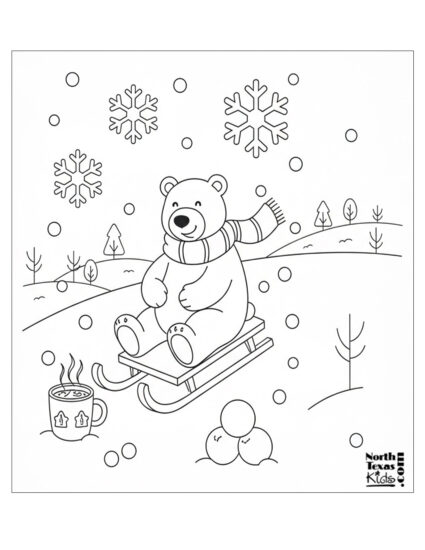Bullying – The Buck Stops With You
Helping Your Kids Focus on the Positive to Stop Bullying
by Terri Fedonczak
The foundation of bullying and competition are the same: disconnection. Whether it’s a passive aggressive derision or a physical confrontation, the basis is a disconnection from what makes us human…loving kindness. The answer isn’t to focus on the tragedy of disconnection; it’s to foster connection. You don’t stop evil by blowing it up into something terrifying with dramatic headlines, you stop it by giving it a hug, patting it on the head and giggling about why it ever existed in the first place. When we can stop looking at bullying as an evil monster that is impossible to slay, we can begin to shrink it down to size.


















